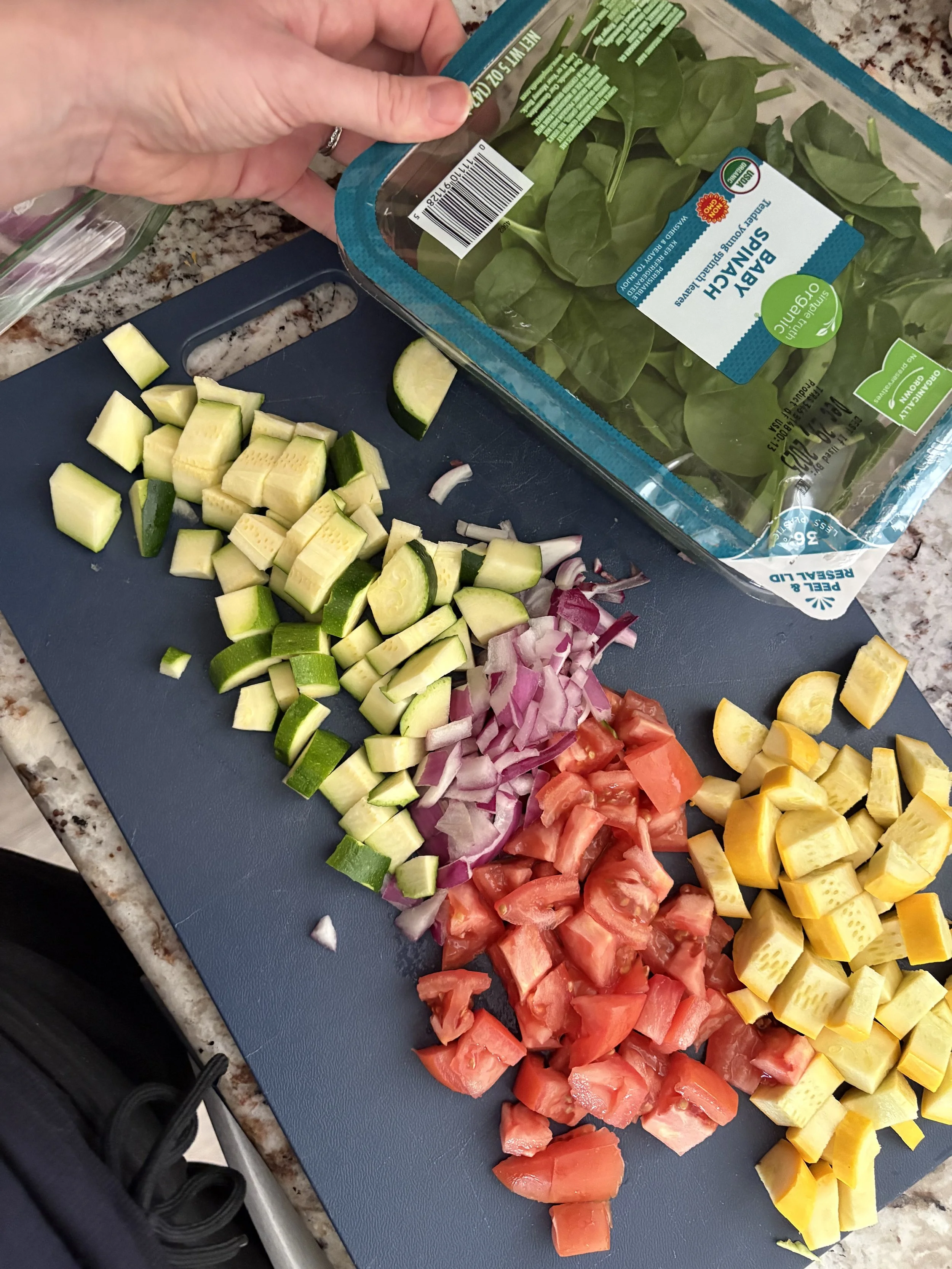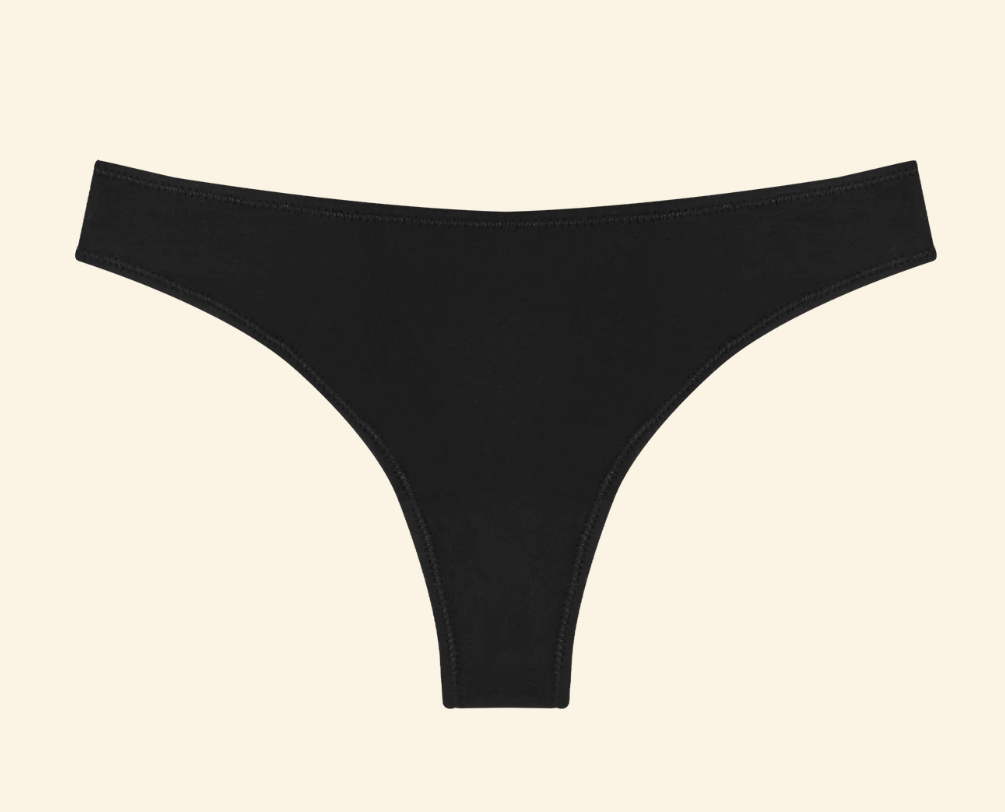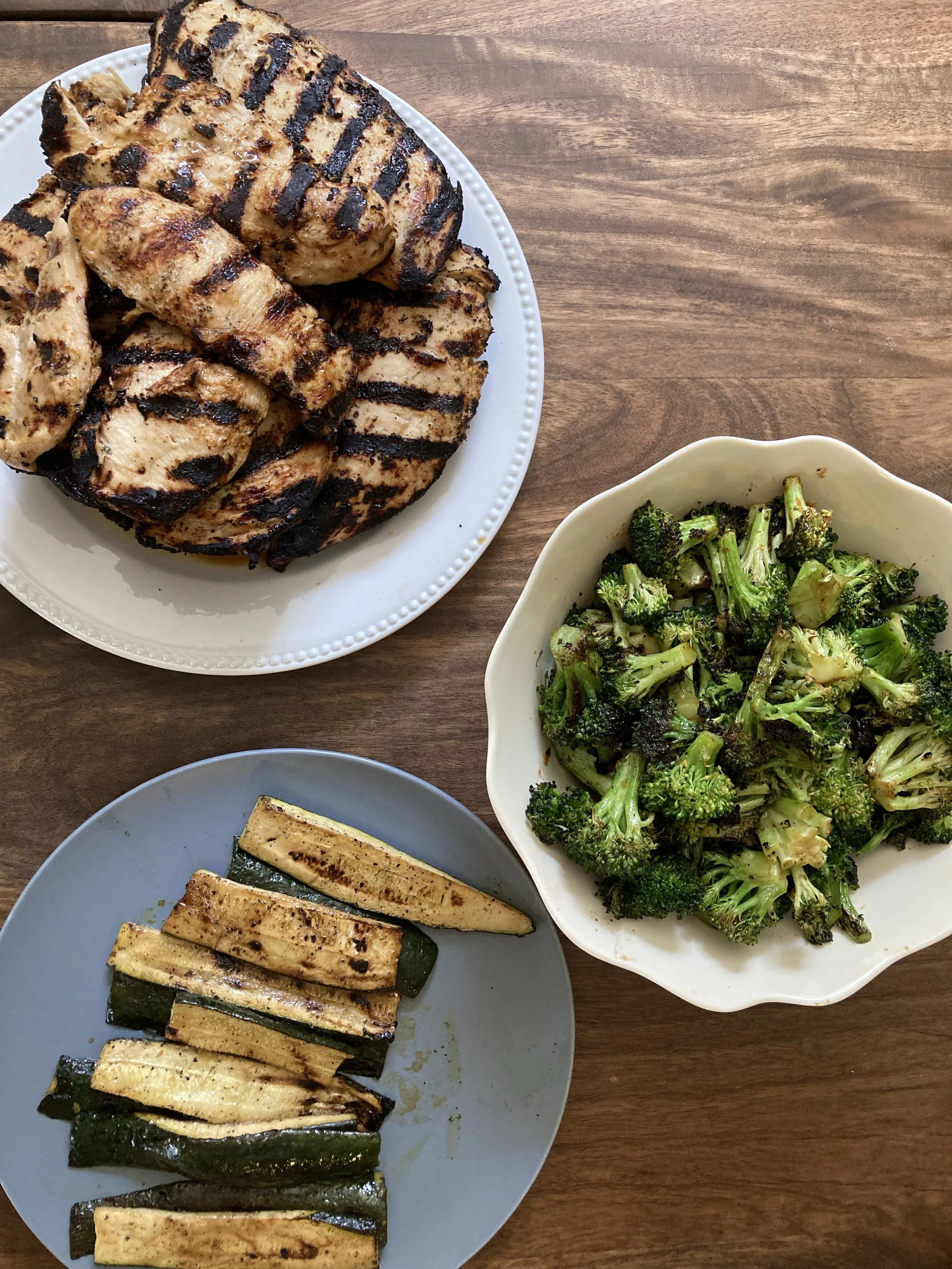Top Benefits of Oysters for Health and Nutrition
Looking for a natural source of minerals and nutrients?
Oysters are one of the nutrient-dense foods I have intentionally included in my diet recently and I have been lovin’ them as a snack!
Did you know that the standard american diet is extremely void of essential nutrients, vitamins, and minerals? One of my favorite ways to empower health coaching clients is teaching them all foods nature gives us that are nutrient dense and extremely supportive to our bodies.
I often talk about beef liver on the blog, but oysters are right up there as well! They are an incredible source of bio-available nutrients that contribute to overall health. Oysters have shown benefits in cardiovascular health, immune system support, bone strength, and improved brain function to name a few! This blog post will dive into oysters, their nutrient profile, and all the benefits they can provide your body.
Related Reads:
What are Oysters?
Oysters are a type of mollusk, specifically a bivalve mollusk. This means that they have a two-part shell. They are found in both saltwater and brackish water environments worldwide. Oysters are known for their unique taste and are considered a delicacy around the world. But even so, there are many people who are not a fan of the taste of texture!
Personally, I fall into that category.
I have tried oysters a number of times while out to eat, and have never been able to get past the flavor. My husband I even tried to bake our own once, hoping it maybe would be an easier way to enjoy them, and nope! If you feel similarly make sure to read through to learn how I started to eat (and even enjoy!) oysters regularly in our diet.
Health Benefits of Oysters
The nutrients in oysters are generally considered to be highly bioavailable, meaning that your body can easily use and absorb them. One of the easiest ways I can regularly get oysters into my diet is by eating them smoked. Below I have listed some of the main nutrients that can be found in a 3 o-nce serving of cooked oysters (the average size of a can of smoked oysters)!
Omega-3 Fatty Acids
Oysters, particularly the Pacific oyster, are a rich source of omega-3 fatty acids. These healthy fats are important nutrients and have been linked to lower blood pressure, reduced risk of heart disease, and improved blood circulation and heart health.
A 3-ounce serving of oysters can provide around 370-460 mg of omega-3 fatty acids.
Vitamin D
Oysters stand out as one of the few natural sources of vitamin D. This essential nutrient plays a crucial role in maintaining bone health, supporting immune system function, and even influencing testosterone levels.
A 3-ounce serving may provide around 30-60% of the recommended daily intake for adults.
High-Quality Protein
Looking to up your protein intake without excess calories? Oysters are a great choice of high-quality protein, which supports muscle health and metabolism. Each oyster offers about 2 grams of protein, depending on its size.
Zinc
Oysters are well-known for their high zinc content, vital for wound healing, immune system health, and the integrity of cellular membranes.
Oysters are one of the richest food sources of zinc. A 3-ounce serving of cooked oysters can provide approximately 74-76 milligrams of zinc, which is more than the daily recommended intake for adults. However, it's worth noting that excessive zinc intake can interfere with the absorption of other minerals- this is why I love supporting my body with nutrient-dense foods before supplements. Rather than taking a pure zinc supplement, oysters can provide you with zinc in combination with copper, and other minerals that help to keep everything in balance.
Vitamin B12
Oysters are a great source of vitamin B12. A 3-ounce serving can provide well over 1000% of the recommended daily intake for vitamin B12. This vitamin is crucial for nerve function, DNA synthesis, and red blood cell formation.
Iron
Oysters contain iron, but the amount can vary. A 3-ounce serving may provide approximately 5-8% of the recommended daily intake for iron. Iron from animal sources like oysters (heme iron) is more readily absorbed than iron from plant sources (non-heme iron).
Antioxidant Properties
Oysters are loaded with unique antioxidants, which help combat oxidative stress and free radicals, lower the risk of chronic diseases, and contribute to overall health.
Related Reads:
Incorporating Oysters Into Your Diet
There are many different ways you can include oysters into your diet. Some popular ways are raw oyster on the half shell, oyster stews and soups, or smoked. And if you are not a fan of eating them- there are companies that have desiccated oyster supplements you can take (I listed my faves below ⬇️)
We have tried eating raw oysters multiple times and they are not our favorite. The more I learned about their nutrient-density, the more I wanted to find a way to enjoy them myself. That was when I discovered smoked oysters! Not only are they more affordable, but extremely portable and an easy nutritious snack for on the go. For the past several years we have bought them in bulk from Thrive Market- my favorite online health market.
They regularly provide 5% cash back when you purchase 6 cans at once, which is about how much we will consume throughout the month.
While I found smoked oysters to be far better than raw, I still didn't love them. I considered them something that I ate specifically for the health reasons but was not something of an enjoyable snack. I would eat them a couple times a week with crackers and cheddar cheese.. and slowly but surely I started noticing that I tolerated them a lot more.
Now I look forward to having them several times a week, and even my toddler loves snacking on them! It's so crazy watching your palette change from highly-processed foods to those that are a lot more simple (and often-times far more nourishing)!
Related Reads:
But What If Oysters Aren’t Your Thing….
I hear you- they are not everyone’s favorite snack- even when you are patient it sometimes just doesn’t happen. But you still want to benefit from the nutritnets in oysters? My go to is having a high-quality oyster supplement on hand. These are a couple I have tried in the past:
Earthley Oyster Min - great product but unfortunately it is sold out often. So if you find it in stock… stock up! You can also buy it from their Amazon storefront, but it is more expensive that route!
Remember check with your personal medical provider before starting a new supplement as some may not be appropriate for your personal health needs or history.
Are Cooked Oysters Still Nutritious?
A common question is whether canned oysters are still nutritious- or any cooked oysters for that matter. And the answer is YES!
In terms of essential nutrients like omega-3 fatty acids, zinc, vitamin B12, and iron, both raw and smoked oysters are nutritious options. However, raw oysters are often considered to have a slight edge in terms of retaining their original nutrient content. Nevertheless, smoked oysters can still provide valuable nutrients and are a convenient and flavorful option.
A Word of Caution
While oysters offer numerous health benefits, it's essential to exercise caution, especially with undercooked oysters. These shellfish can carry harmful bacteria like Vibrio vulnificus, more commonly on the West Coast of the United States. Cooking oysters at high heat can effectively eliminate these risks.
Another piece that people sometimes get concerned about with oysters is the possibility of heavy metals- mainly mercury. Studies have shown that oysters contain similar levels of mercury as salmon- a fish known to be low in mercury comparatively to other fish.
As with anything, do your own research and make an educated decision on what is best for you and your health.
The next time you're at the seafood counter or oyster bar, consider giving these a try. Oysters are not only a quick and easy snack (when smoked!) but also a rich source of essential nutrients, antioxidants, and omega-3 fatty acids. They offer a flavorful way to support your heart, brain, immune system, and overall health. Whether you enjoy them raw, cooked, or in a stew, oysters can be a delicious and health-conscious addition to your diet.




















What is self-care actually?? This post explores what actually supports our wellness.. and all ideas shared take 5 minutes or less 👏